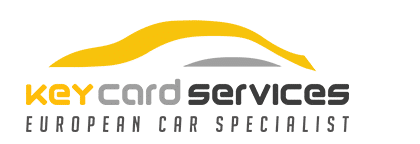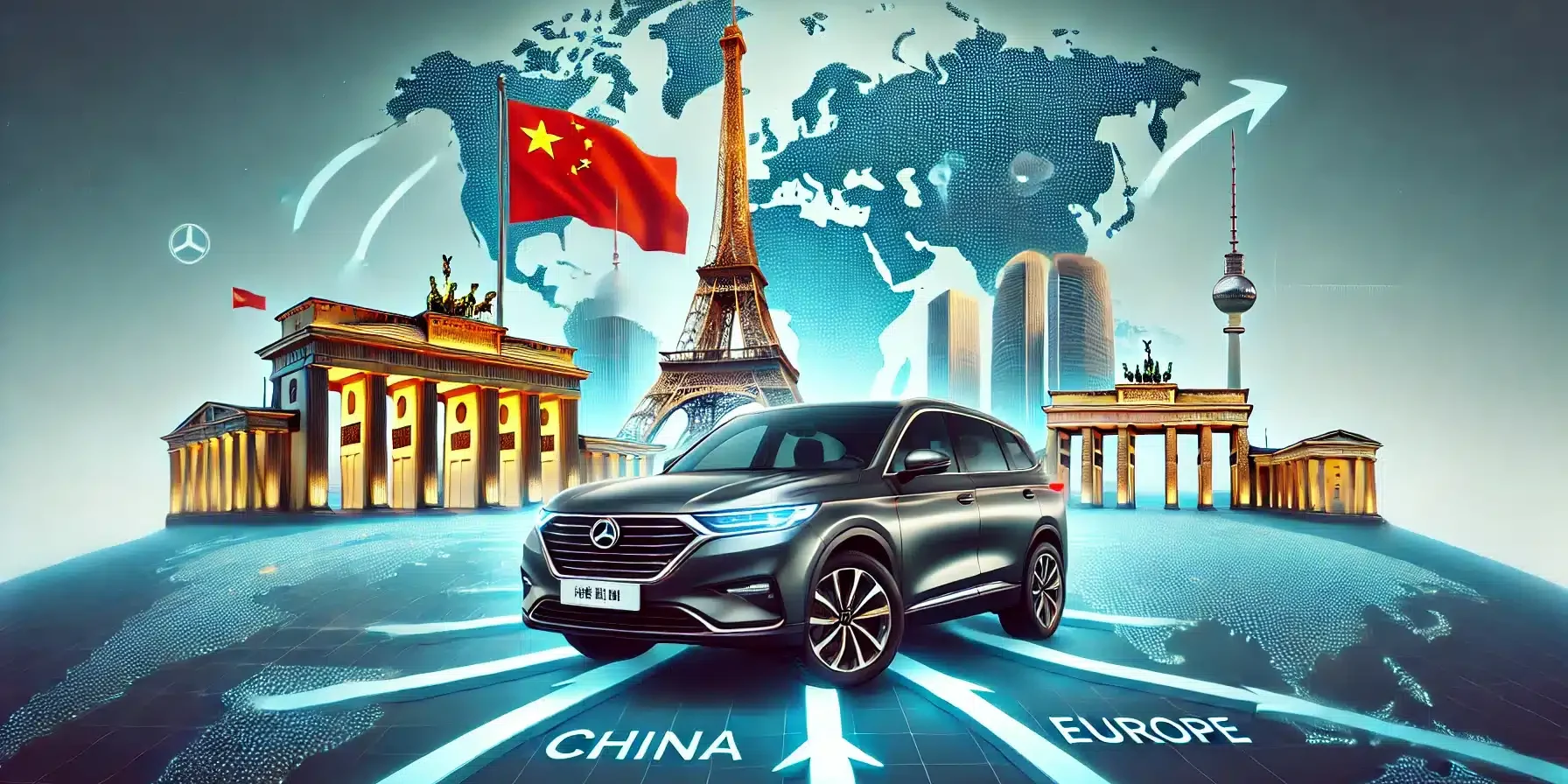Largest Chinese Automaker Announces Plans for European Market Expansion
In March 2024, SAIC Motor, China’s largest automaker, announced ambitious plans for expansion into the European market, sparking a wave of discussions in the automotive industry. The company, known for brands such as MG and Roewe, announced the introduction of a whole range of new electric vehicle models to the European Union market over the next three years. This move is seen as a direct challenge to the dominance of European, American, and Japanese manufacturers in the Old Continent. SAIC Motor plans to invest over 5 billion euros in developing sales networks, research and development centers, and marketing campaigns aimed at building brand awareness among European consumers.
SAIC Motor’s strategy is based on several key pillars. Firstly, the company intends to compete on price, offering electric vehicles with comparable parameters to European counterparts but at significantly lower prices. Secondly, the Chinese giant is focusing on technological innovations, including advanced autonomous driving and connectivity systems, which are meant to attract tech-savvy consumers. Thirdly, SAIC Motor plans to leverage its experience in electric vehicle production in the Chinese market, where it is a leader in this segment. The company also announces the opening of a factory in Central Europe, which is intended not only to lower production and logistics costs but also to fit into the narrative of creating jobs in the European Union. Moreover, SAIC Motor intends to use its MG brand, which already has an established position in Europe, as a beachhead for introducing new, premium electric brands.
Reactions to SAIC Motor’s announced plans are mixed. European car manufacturers express concerns about unfair competition, pointing to potential support from the Chinese government and possible price dumping practices. Trade unions in the European automotive industry are worried about jobs, especially in the context of the ongoing transformation towards electromobility. On the other hand, many market analysts believe that the entry of a strong Chinese player could accelerate innovation and lower electric vehicle prices, which in the long run could be beneficial for consumers and the environment. The European Commission has announced careful monitoring of the situation in terms of compliance with fair competition rules. Regardless of the controversies, SAIC Motor’s plans are a clear signal that the global landscape of the automotive industry is undergoing drastic changes, and European manufacturers must be prepared for intensified competition from Chinese giants.







